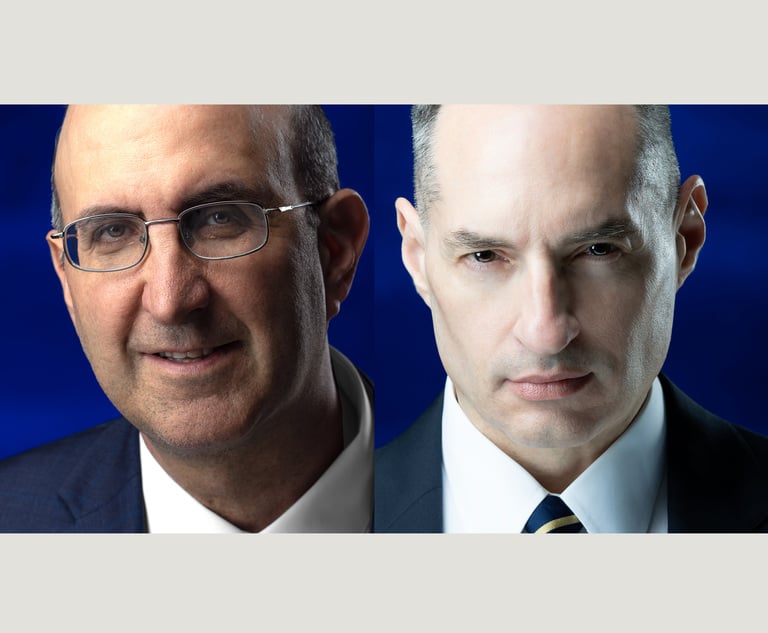In his thoughtful commentary on the evolving October online bar exam, University of California, Hastings College of the Law graduate Shandyn Pierce questions the wisdom of such a grand experiment given all the perils facing recent grads in the real world and the surreal one—the land of the bar exam. Standing at the precipice, Pierce rightly contemplates the yawning chasm between graduation and obtaining a bar number and wonders if he (and other grads) should jump. But his piece renews a larger question: Is it time to relegate the California bar exam to anthropologists and historians?
Faced with the ultimate need to get from graduate to licensed practitioner, Pierce focuses on immediate obstacles and pitfalls attending the proposed examination. But his exposition really begs much larger, institutional questions. First, if it’s not just a racket sustained by its own momentum, what does the very existence of the bar exam say about law schools? How is it that three years and thousands of dollars invested in legal education produces graduates whose acumen to practice law is presumptively doubted—and thus, has to be immediately examined?


 Hanson Bridgett’s Gary Watt. (Courtesy photo)
Hanson Bridgett’s Gary Watt. (Courtesy photo)




